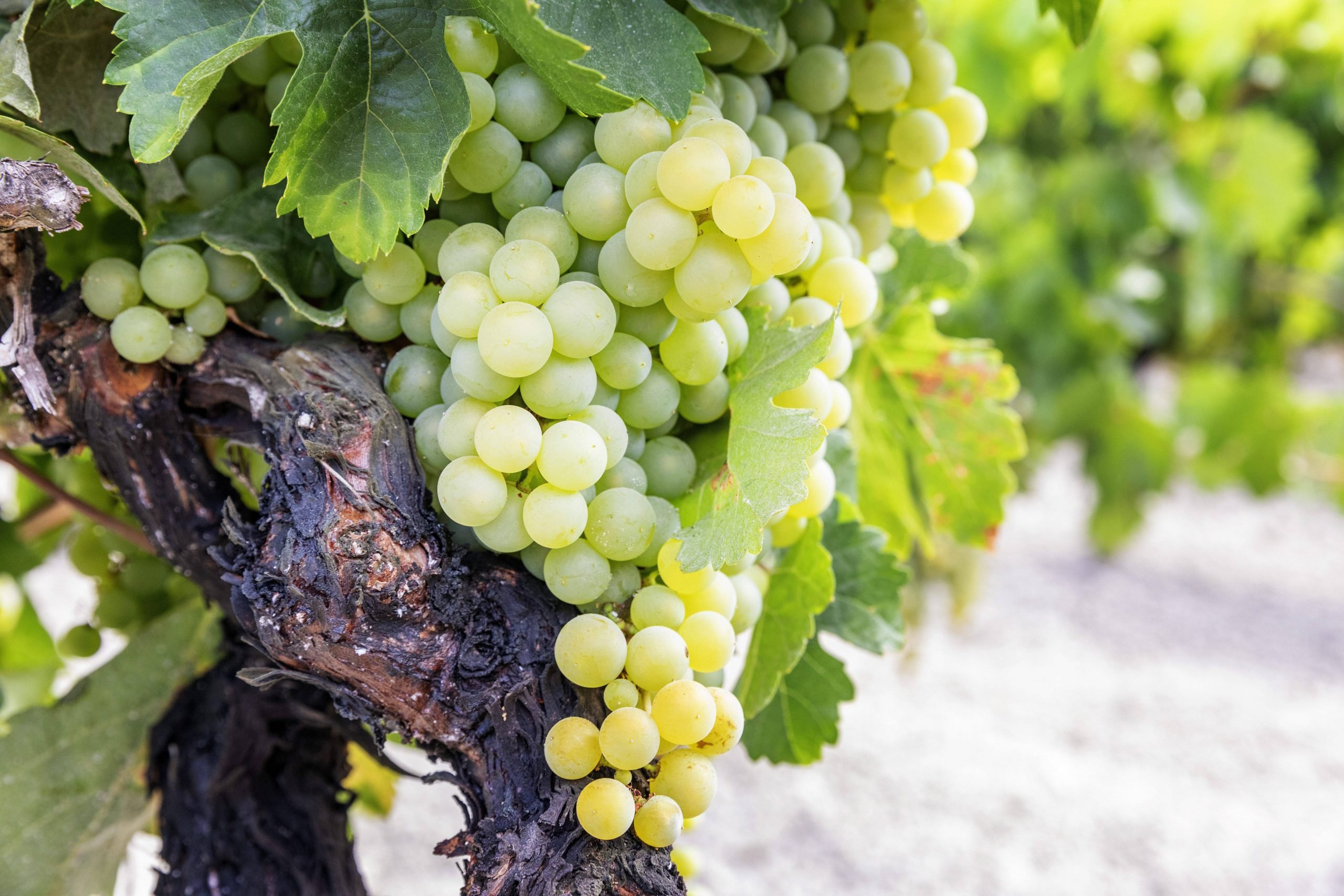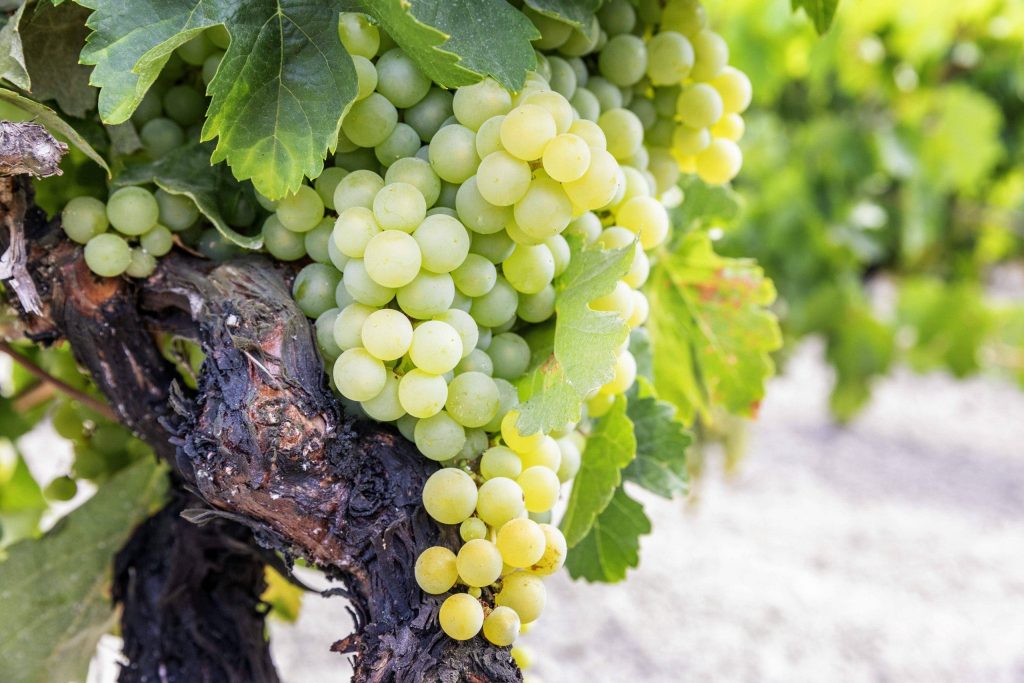
RESEARCHERS have discovered traces of wine in Malaga dating back to the fourth millennia BC – meaning Malagueños have been making and drinking wine for much longer than previously thought.
A discovery has revealed that wine-growing practices already existed in the province some 6000 years ago and fermented grapes were consumed.
The research is the result of excavations carried out at the Dolmen de Menga, the megalithic structure in Antequera where Neolithic vessels found in the Menga Dolmen have been analysed and found to contain traces of 6,000-year-old wine.
For four years a research team, headed by Leonardo García Sanjuán, Professor of Prehistory at the University of Sevilla, have been investigating and studying the Dolmen, which led them to important discoveries such as these vessels found in the burial mound of the Dolmen.
“We have studied some ceramic fragments from the earth that covers the dolmen and which predate the burial mound. In the vessels we found chemical remains of fermented grapes, chemically fermented grape juice is composed of water, ethanol and grapes,” García revealed, who dates this discovery to around 3,800 BC.
The wine traces discovered, using a gas chromatography-mass spectrometry, reveal that viticulture techniques were already in use in the Neolithic period and that wine was already being consumed before the arrival of the Phoenicians.
The fragments analysed came from only about ten vessels, but, according to the head archaeologist ‘there were thousands’ meaning that the dolmen was built on a focus of socialisation as wine has factored into social life, religions, cuisines, and economies since its beginnings.
READ MORE:

